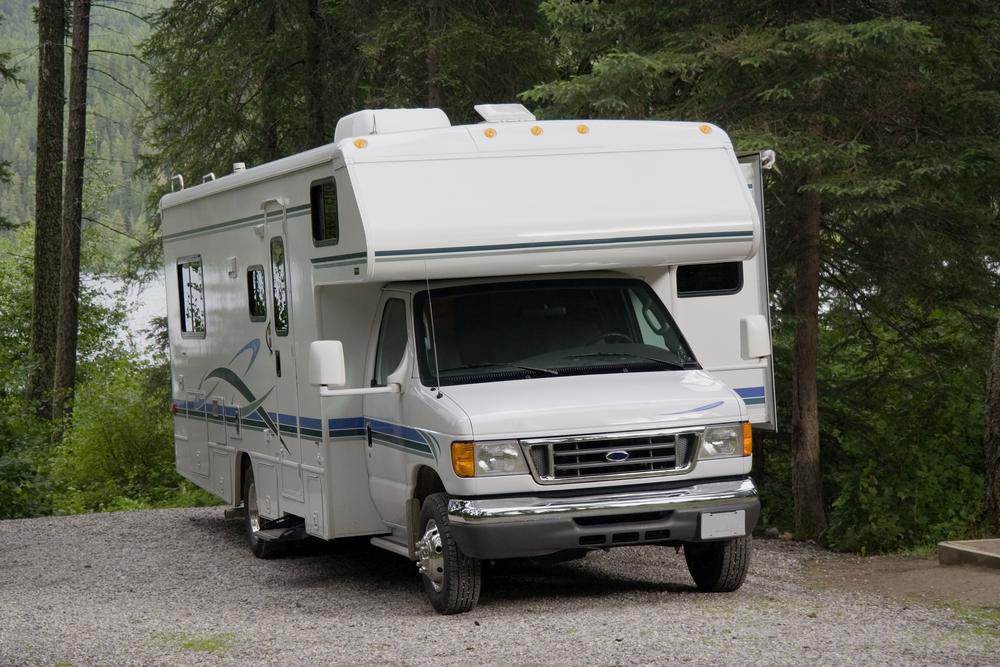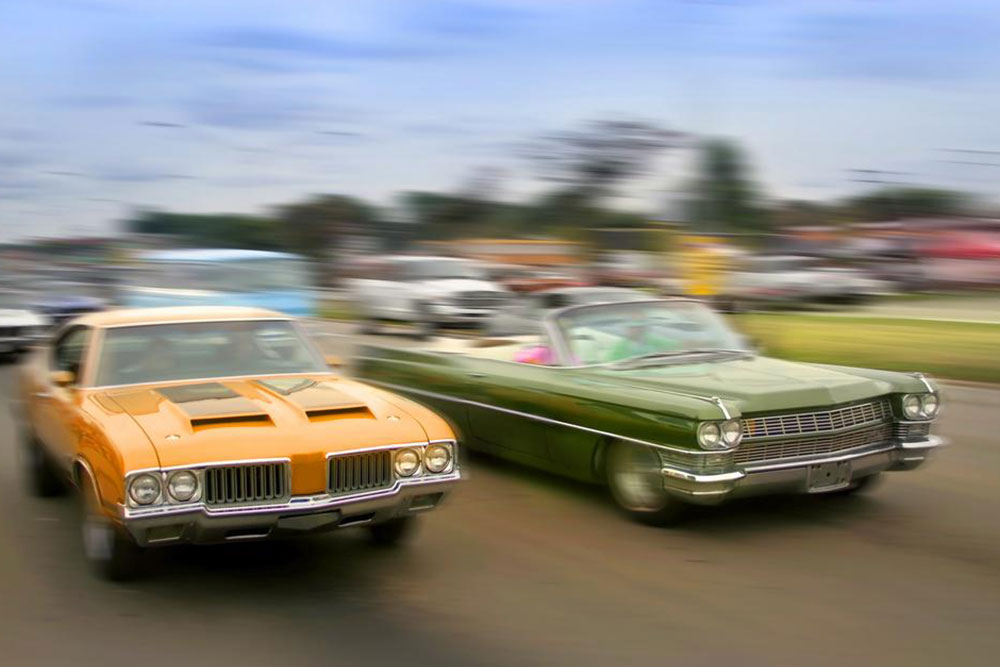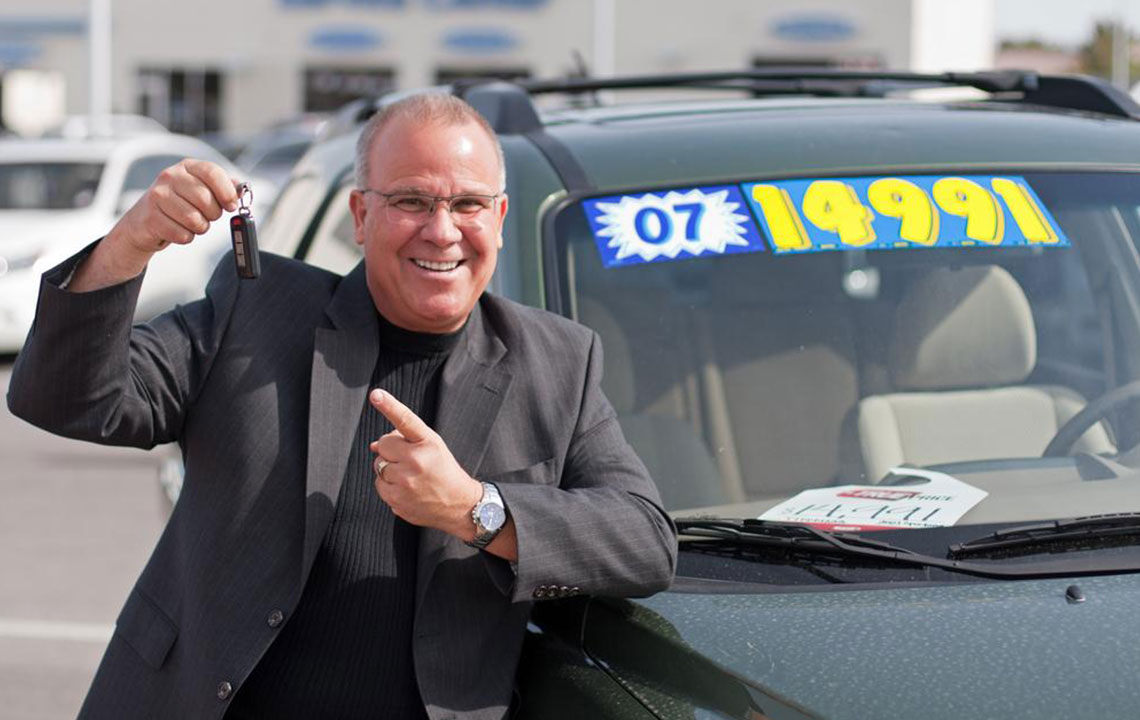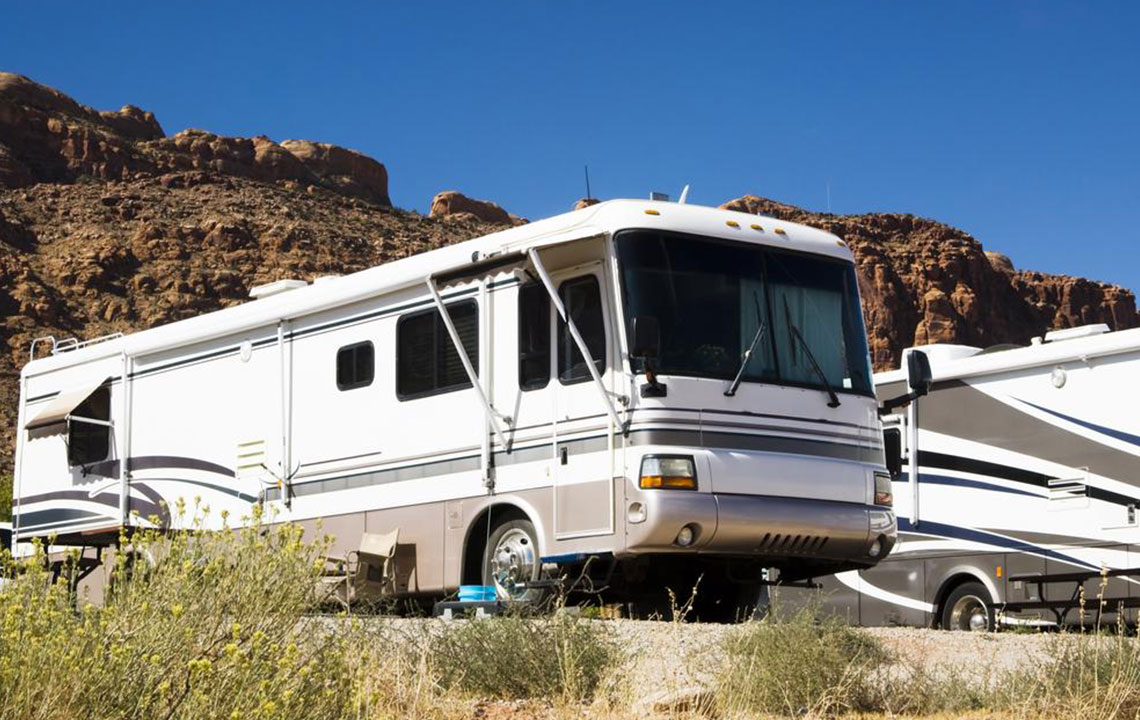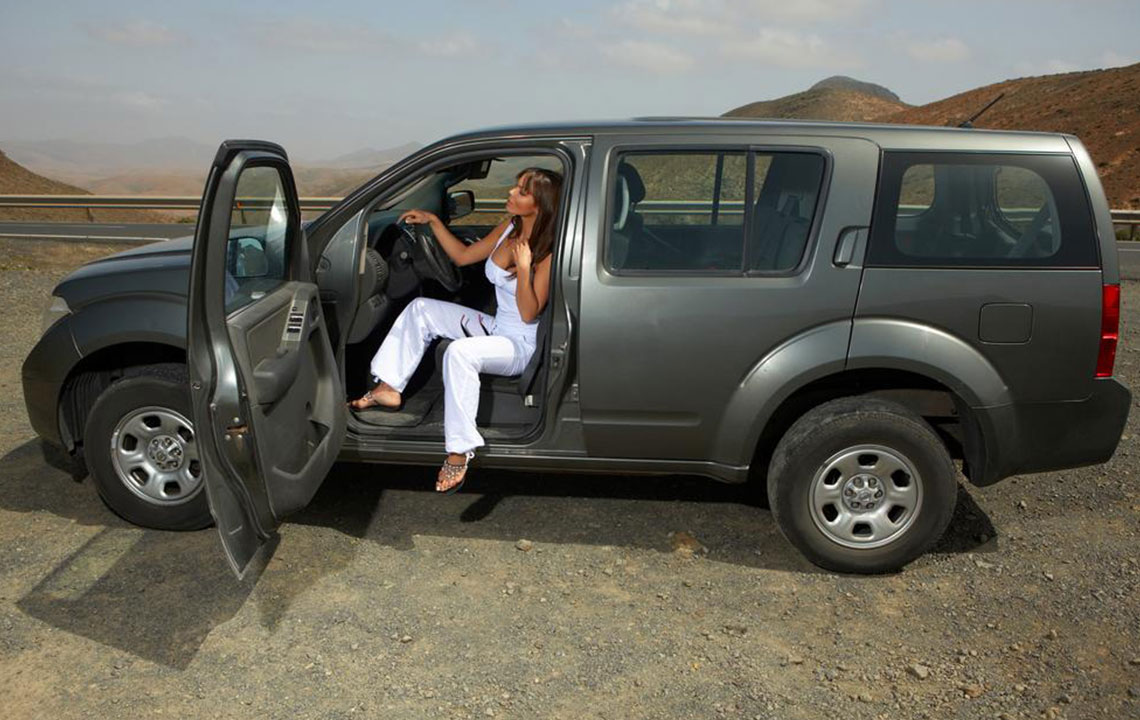Comprehensive Guide to Buying a Used Compact Motorhome for Adventure Enthusiasts
This comprehensive guide provides essential tips for buying a used compact motorhome. It covers inspection, historical data, model selection, pricing, and insurance considerations, helping travelers make informed decisions. Perfect for adventurers seeking affordable and reliable RV options, the article emphasizes careful evaluation and negotiation to ensure a successful purchase that leads to memorable journeys.
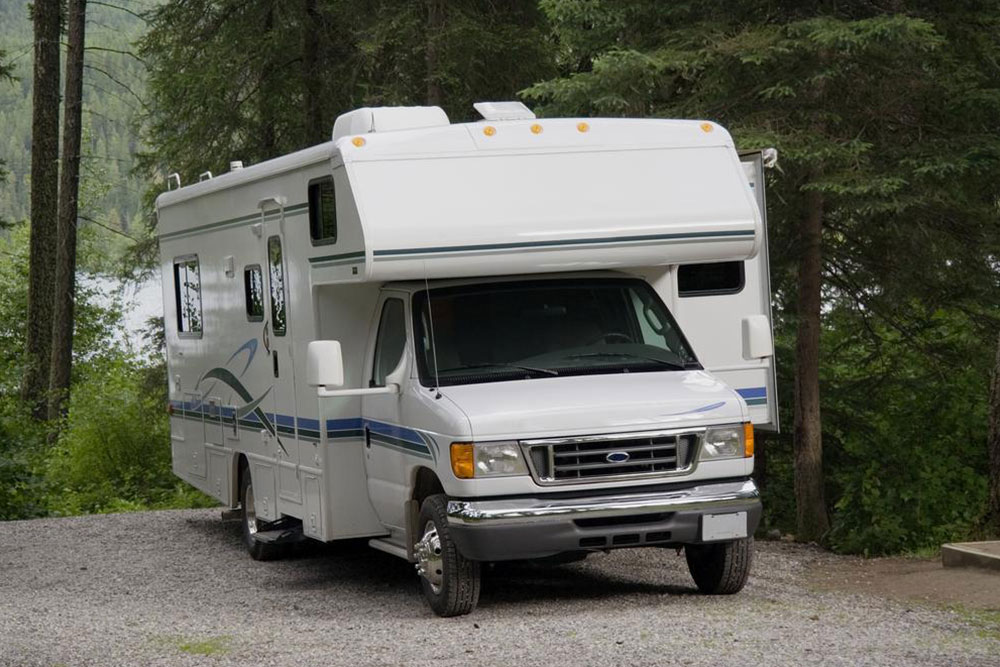
Essential Tips for Purchasing a Pre-Owned Small Motorhome
In recent years, compact motorhomes have surged in popularity within the recreational vehicle (RV) market, captivating outdoor adventurers and travel enthusiasts alike. These small but versatile vehicles strike an ideal balance between size, comfort, and affordability, making them perfect for those seeking freedom on the open road without the bulk of large RVs. Their lightweight design allows for easier maneuverability, which is especially advantageous when navigating narrow forest trails, mountain roads, or urban streets. Additionally, their lower purchase price and operating costs make them appealing options for budget-conscious travelers.
One of the most attractive aspects of the current market is the availability of used compact motorhomes. Purchasing a pre-owned model that is about three years old can potentially save buyers around 50% compared to buying brand new. This significant cost reduction makes it feasible for many travelers to own a motorhome without straining their finances. Moreover, used models often come with the opportunity for customization and upgrades, allowing owners to personalize their vehicle to better suit their needs and preferences.
Despite the many benefits, buying a used mini motorhome requires careful due diligence. A thoughtful inspection, in-depth research, and negotiations are essential steps to ensure you make a smart investment that brings you years of enjoyment on the road. Here is a detailed, step-by-step guide to help you navigate the process of purchasing a used compact motorhome with confidence.
1. Conduct a Thorough Vehicle Inspection
When evaluating a used compact motorhome, the first and most critical step is to perform a comprehensive inspection of the vehicle. This process includes examining both the exterior and interior, as well as specific mechanical and electrical systems. Pay close attention to signs of wear, rust, or damage on the body, including the undercarriage and roof, which are often exposed to harsh weather conditions. Check the condition of tires, brakes, suspension, and steering components to assess roadworthiness.
Inside the vehicle, inspect for leaks, mould, or any signs of water damage, particularly around windows, doors, and seams. Evaluate the condition of the interior furnishings, appliances, and cabinetry to determine whether they are functional and structurally sound. Test electrical systems such as lighting, outlets, and the vehicle’s battery system. Don’t overlook plumbing; verify that water tanks, pumps, and drainage systems operate correctly. If any repairs are necessary, negotiate with the seller to either have the issues addressed before purchase or receive a discount to cover future repairs.
2. Obtain a Detailed Vehicle History Report
Before proceeding with the purchase, it’s crucial to gather as much information as possible about the vehicle's past. Vehicle history reports provide comprehensive details about any accidents, repairs, thefts, or flood damages associated with the motorhome. These reports typically cost around $25 and can be obtained from trusted services like RVchecks or CARFAX, using the 17-digit Vehicle Identification Number (VIN).
Analyzing the history report helps you identify potential red flags, such as recurring repairs, previous insurance claims, or title issues. Knowing the vehicle’s background allows you to assess its reliability and longevity, which are essential factors for a vehicle intended for long-term travel. Always request the seller to provide a recent, clean vehicle history report and verify the information independently.
3. Decide on the Appropriate Age and Model
Choosing the right age and model of a used compact motorhome depends on your specific needs, budget, and plans for customization. Older models, generally over five years old, tend to be more affordable and may offer a wider selection. These vehicles are ideal for buyers who enjoy DIY projects and want to personalize their motorhome, fitting it with modern upgrades or specific layouts.
On the other hand, newer models—typically less than three years old—come equipped with the latest features, technology, and safety systems. They’re often more reliable and require less immediate maintenance, making them suitable for travelers seeking hassle-free adventures. Evaluate the trade-offs: older models might need more repairs but allow for greater customization, while newer models offer peace of mind and modern amenities right from the start.
4. Negotiate a Fair Price Based on Market Research
Pricing plays a crucial role in making a good deal. Conduct thorough research on current market prices for used compact motorhomes similar in age, make, and condition. Websites specializing in RV sales, local dealerships, classified ads, and online marketplaces can provide valuable price comparisons. Knowing the average asking prices enables you to make informed offers during negotiations.
Don’t hesitate to negotiate aggressively but reasonably. Highlight any issues identified during inspection and use market data to justify your offer. Remember, the goal is to reach a fair agreement that benefits both parties, ensuring you stay within your budget while acquiring a quality vehicle.
5. Review Insurance Options and Future Costs
Before finalizing your purchase, it’s advisable to contact multiple insurance providers to compare coverage options and rates for your chosen vehicle. Insurance costs vary based on the vehicle’s age, safety features, and your driving history. Gathering quotes beforehand helps you estimate the ongoing expenses associated with owning and operating a used compact motorhome.
Consider additional costs such as maintenance, repairs, storage, and registration fees. Having a clear understanding of these expenses ensures you make a sustainable investment and can plan your travels without unexpected financial burdens. It’s also wise to inquire about warranty options or after-sales service from the seller, which can provide extra peace of mind.
In summary, purchasing a used compact motorhome is a rewarding process that, with careful planning, research, and inspection, can lead to a lifetime of memorable adventures. Take your time, work with reputable dealers or private sellers, and prioritize transparency and honesty to enjoy a smooth buying experience. Whether you’re planning weekend getaways or long-term travel, a well-chosen mini motorhome can become your perfect travel companion.
